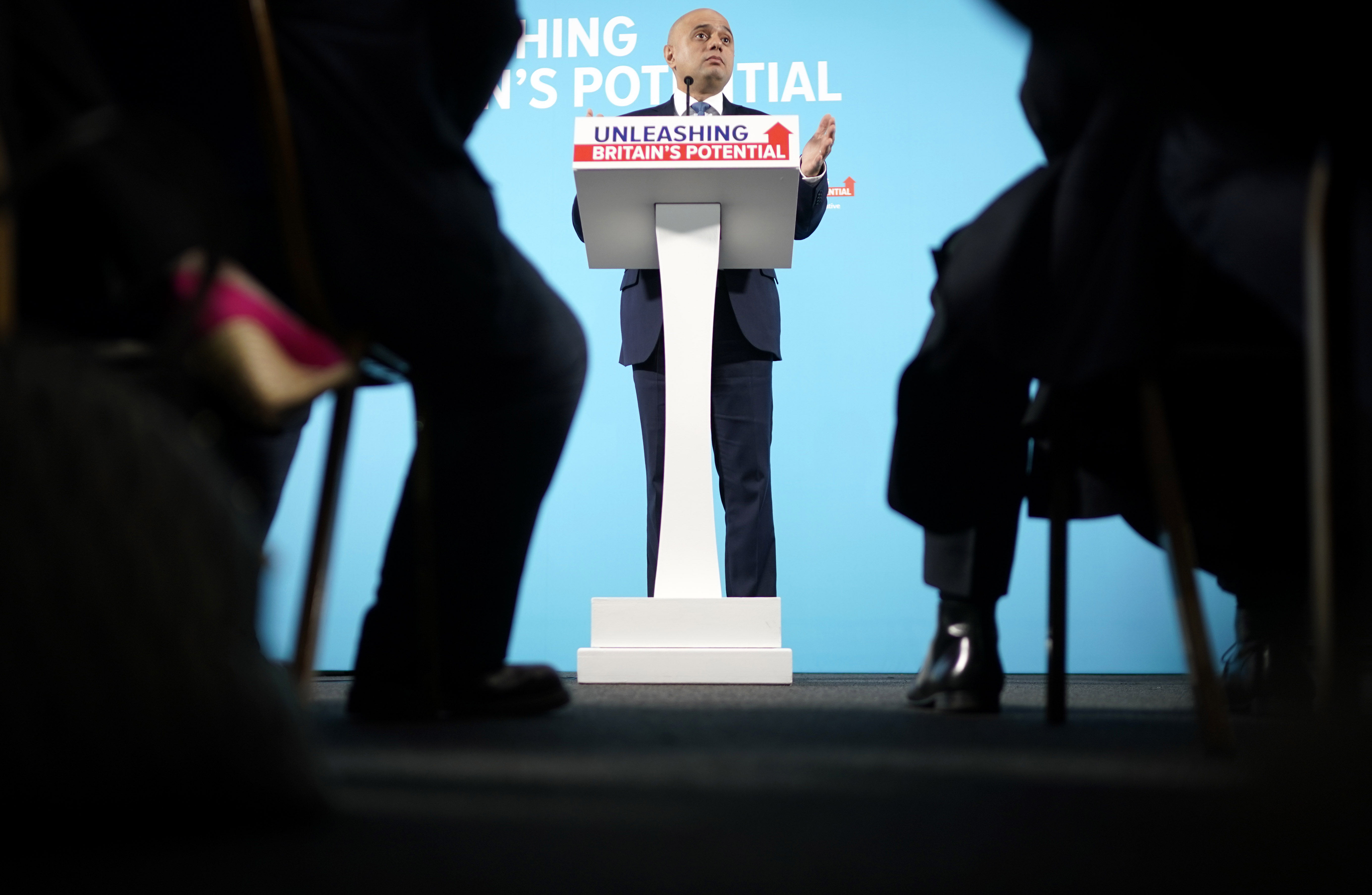Conservatives run massive October deficit as election approaches
The overspend can be put down to preparations for no-deal Brexit, but some doubt parties’ campaign pledges are fiscally responsible


A free daily email with the biggest news stories of the day – and the best features from TheWeek.com
You are now subscribed
Your newsletter sign-up was successful
Last month saw the Government run the highest October budget deficit in five years, borrowing far more than was expected, even before the spending increases promised in the current election campaign manifestos go into effect.
Treasury borrowing unexpectedly jumped to £11.2 billion last month, £2.3 billion higher than October 2018, according to data from the Office for National Statistics.
More has been borrowed - £46.3 billion - only seven months into the current financial year than in the entire previous one, and 10% more has been borrowed than it was April-October 2018. This marks the end of seven consecutive years of narrowing deficit.
The Week
Escape your echo chamber. Get the facts behind the news, plus analysis from multiple perspectives.

Sign up for The Week's Free Newsletters
From our morning news briefing to a weekly Good News Newsletter, get the best of The Week delivered directly to your inbox.
From our morning news briefing to a weekly Good News Newsletter, get the best of The Week delivered directly to your inbox.
National debt now stands at £1,798.5 billion, or 80.4% of GDP - almost double what it was before the financial crash.
Conservative fiscal policy has shifted away from austerity in recent years, as central banks have reduced interest rates internationally, making it financially viable for the government to borrow large amounts relatively cheaply.
However, the decision to borrow and spend more has also been politically motivated, particularly since Boris Johnson came to power with an election on the horizon.
“The party has ditched fiscal prudence to avoid being outflanked by Labour's spending pledges in the election following Theresa May's disastrous showing in the 2017 vote,” says The Telegraph.
A free daily email with the biggest news stories of the day – and the best features from TheWeek.com
–––––––––––––––––––––––––––––––For a round-up of the most important business stories and tips for the week’s best shares - try The Week magazine. Start your trial subscription now–––––––––––––––––––––––––––––––
Both Labour and the Conservatives have offered lavish spending to fund a series of headline-grabbing policies in the runup to the December 12 election. Earlier this month, Tory Chancellor Sajid Javid relaxed the Conservative party's internal budgetary rules, and has promised massive spending on the NHS, law and order, and education. Labour's manifesto, released yesterday, promises £82.9 billion in public spending.
On top of this, Labour plans “around 55 billion pounds a year in investment, which would be funded by higher debt issuance,” says Reuters, pointing out that in addition, they want “to renationalise the electricity network, rail operators, the Royal Mail and BT's broadband network.”
“The 2019 public finances’ deterioration provides a sobering backdrop to manifesto launches this week, alongside a wider weaker outlook for both domestic and global growth next year,” said James Smith, research director at the Resolution Foundation think-tank.
Nevertheless, the political momentum behind the spending plans means they will not be pared back. “The worst October for the public finances for five years won’t prevent whoever wins the election embarking on a fiscal splurge,” said Andrew Wishart, UK economist at Capital Economics.
October's bad showing has, in large part, been put down to spending on government preparations for a no deal Brexit. However, tax receipts have also declined, with a 6.2% fall in corporation receipts the most stark decline. The Financial Times reports that these low receipts are “a sign that economic growth could be slowing” after the UK’s challenging start to the fourth quarter.
William Gritten is a London-born, New York-based strategist and writer focusing on politics and international affairs.
